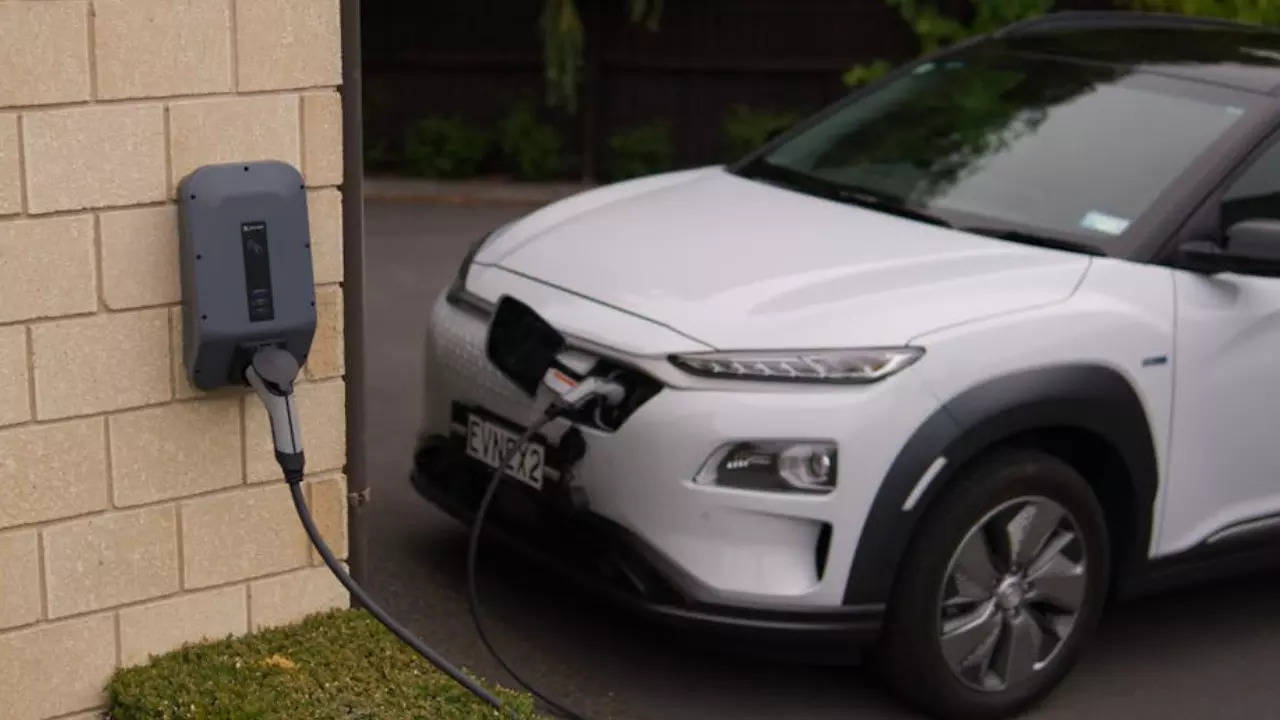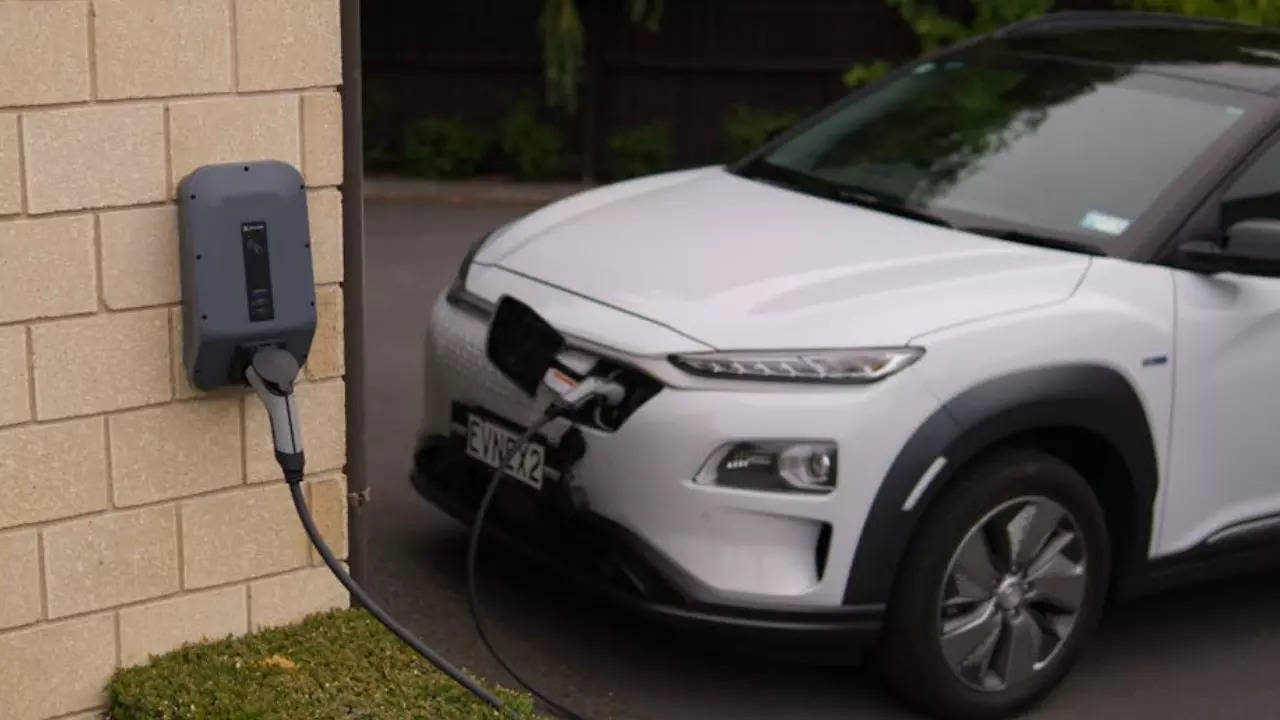What does Union Budget bring to Auto Inc’s table: Industry reactions on Budget 2024

[ad_1]
Vinod Agarwal, President, SIAM and MD & CEO, VECV highlighted the importance of strong fiscal support for infrastructure, saying, “The liberal allocation for rural development & infrastructure of Rs 2.66 lakh crores is a welcome step that will boost the rural economy.”
He further noted the budget’s key measures for skilling and upskilling, support to manufacturing and employment generation, support to MSMEs—many of whom form the large supplier base for the auto sector—exemption of customs duty on import of lithium, cobalt, and other rare minerals, and extension of concessional customs duty on Li-Ion cells till March 2026, and withdrawal of the equalization levy of 2% on e-transactions. These announcements, he believes, would continue to propel the growth of the Indian auto industry.
Shradha Suri Marwah, President of ACMA and CMD of Subros, noted the budget’s role in driving sustainable growth, commenting, “The budget, a blueprint for Viksit Bharat, will drive sustainable yet inclusive growth, especially in the manufacturing industry, at a rapid pace,”
Conquering the Himalayas with the Volkswagen Virtus, Taigun | Volkswagen Experiences
“Focus on strengthening MSMEs through Credit Guarantee scheme and credit support during stress period, measures to bolster energy security and encouragement to start-ups by abolishing angel tax are indeed steps in the right direction. Further, the proposals for personal Income Tax will put more money in the hands of people thus fuelling consumption leading to economic growth.” she added.
Sirajuddin Ali, founder and CEO of Malitra India, emphasized the significance of enhancing road connectivity, stating, “The allocation of a substantial Rs 26,000 crore fund for enhancing road connectivity is a decisive step towards expanding electric vehicle (EV) accessibility into the rural areas of India.”
Uday Narang, Founder and Chairman of Omega Seiki, praised the budget for its visionary approach, saying, “Exempting import duties on critical minerals, including lithium, cobalt, and other minerals reduces battery manufacturing costs and makes electric vehicles more affordable.”
Ravi Machani, Co-Founder and Investor at Tresa Motors, commended the focus on upskilling, stating, “With the growing demand for expertise in areas like battery technology and power electronics, the budget’s focus on upskilling programs and industry-education collaboration is crucial in bridging the skills gap.”
Anupam Kumar, Co-founder & CEO of MiniMines, hailed the Critical Mineral Mission as groundbreaking, noting, “The reduction and exemption of customs duties on critical minerals such as lithium, cobalt, and rare earths will significantly boost domestic processing and refining capabilities.”
Akshit Bansal, CEO & Founder of Statiq, highlighted the waiver of import duties on key minerals, stating, “The waiver of import duties on key minerals like lithium is a significant step forward, expected to lower the manufacturing costs of EV batteries and, ultimately, reduce EV prices for consumers.”





